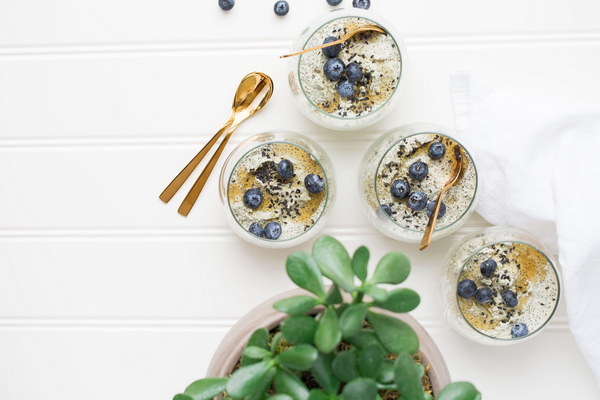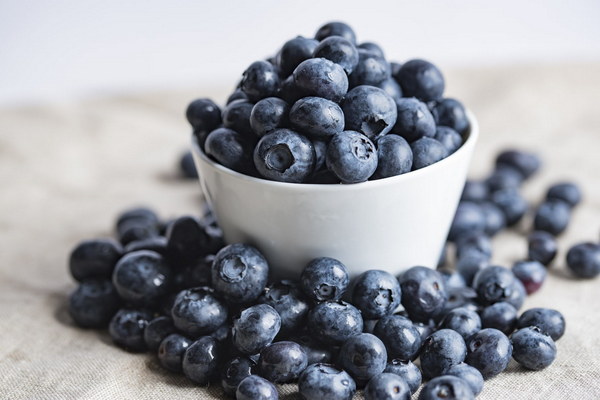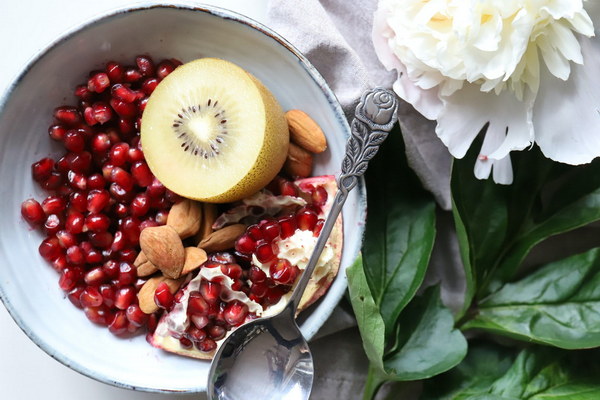The Top Herbs and Flowers for Lung Health A Garden Guide
Top Herbs and Flowers for Lung Health: A Garden Guide
In the quest for maintaining respiratory health, nature has provided us with an array of flowers and herbs that are not only beautiful but also beneficial for the lungs. Incorporating these natural allies into your garden can help purify the air and potentially support lung function. Here's a comprehensive guide to some of the best flowers and herbs known for their lung-friendly properties.
1. Lavender (Lavandula angustifolia)
Lavender is renowned for its calming scent and is often used in aromatherapy. The essential oil of lavender is believed to have anti-inflammatory properties that can help ease respiratory conditions. Planting lavender in your garden can contribute to a soothing environment and its fragrance can be inhaled directly to potentially alleviate symptoms like coughing and shortness of breath.
2. Eucalyptus (Eucalyptus spp.)
Eucalyptus is a staple in natural remedies for respiratory issues. The leaves contain cineole, a compound that can help thin mucus and clear the airways. Eucalyptus essential oil is commonly used in steam inhalations to ease congestion and bronchial irritation. However, it's important to use eucalyptus responsibly, as some varieties can be toxic if ingested.
3. Peppermint (Mentha × piperita)
Peppermint is another herb that can be both decorative and beneficial for the lungs. Its menthol content can help open up airways and reduce inflammation. Peppermint essential oil is often inhaled to relieve sinus congestion and asthma symptoms. It's also a popular addition to herbal teas, where it can help soothe the throat and ease coughs.
4. Thyme (Thymus vulgaris)
Thyme is an herb with a rich history in traditional medicine. It contains compounds that can act as expectorants, helping to expel mucus from the lungs. Thyme is often used in teas or tinctures to support respiratory health, though it should be avoided in large quantities during pregnancy.
5. Marjoram (Origanum majorana)
Marjoram is a close relative of oregano and has similar properties. It is known for its anti-inflammatory and expectorant qualities. The oil from marjoram can be used in steam inhalations or applied topically to the chest for relief from respiratory issues.
6. Basil (Ocimum basilicum)
Basil is not only a flavorful herb in the kitchen but also has medicinal properties. It can help reduce inflammation and is often used to treat respiratory conditions such as bronchitis and asthma. Basil tea can be a soothing drink for those with lung problems.
7. Plantain (Plantago major)
While not a flower, plantain is a common herb that can be found growing wild in many gardens. It has been used traditionally to treat respiratory conditions due to its anti-inflammatory and expectorant properties. Plantain leaves can be chewed or made into a poultice to be applied to the chest.
8. Hyssop (Hyssopus officinalis)
Hyssop is an aromatic herb that has been used in traditional medicine to treat respiratory problems. It is believed to have expectorant and anti-inflammatory properties, and is often used in teas or tinctures. Hyssop can be a beautiful addition to the garden, with its purple or blue flowers.
How to Use These Herbs and Flowers for Lung Health
- Inhalations: Use essential oils of eucalyptus, lavender, or peppermint in a diffuser to purify the air and create a calming environment.
- Teas: Brew teas with thyme, peppermint, basil, or hyssop for a soothing drink that can help with respiratory symptoms.

- Topical Applications: Marjoram oil can be applied to the chest for relief from respiratory issues, but always consult with a healthcare provider before use.
- Garden Integration: Plant these herbs and flowers in your garden to take advantage of their natural health benefits and to add beauty to your outdoor space.
Remember that while these plants can support lung health, they should not replace medical treatment for serious respiratory conditions. Always consult with a healthcare professional before starting any new treatment or therapy, especially if you have pre-existing health issues or are pregnant.









